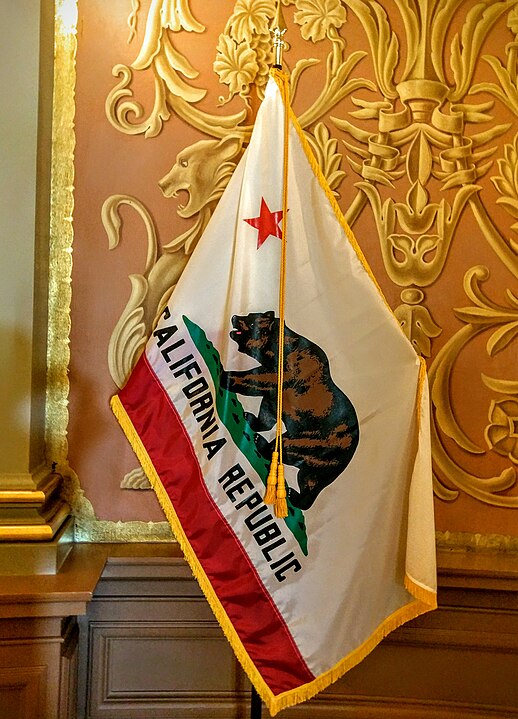Current Trends in California Lemon Law Litigation: What You Need to Know

Table of Contents
California is known for its robust consumer protection laws, and Lemon Law is one of the key areas where the state has made significant strides. Recently, Lemon Law litigation has been impacted by changes in the court system, legislative reforms, and evolving judicial decisions.
Whether you’re a consumer seeking justice or a manufacturer dealing with claims, understanding the current trends in California Lemon Law is crucial for navigating this complex legal landscape.
In this article, we will explore the recent trends in Lemon Law litigation in California, the impact of legislative reforms, and the judicial developments shaping the future of these claims.
Lemon Law Cases Surge in California
Over the past few years, Lemon Law claims in California have surged dramatically. In 2023, the state saw over 22,000 Lemon Law cases, and that number is expected to surpass 25,000 cases in 2024. This increase highlights a growing trend of consumers asserting their rights under California’s Song-Beverly Consumer Warranty Act.
Why the Increase?

Several factors are contributing to the Lemon Law cases surge in California, including:
The Lemon Law provides California consumers with protection if they have purchased a defective vehicle that cannot be repaired after a reasonable number of attempts.
Key Legislative Changes: Assembly Bill 1755 (AB 1755)
California’s legislature has introduced several reforms to address the growing volume of Lemon Law cases. Assembly Bill 1755 (AB 1755), set to take full effect in 2025, is one such legislative update. This bill aims to streamline the Lemon Law process and reduce court congestion.
Key Provisions of AB 1755 Include:
Impact of AB 1755 on Consumers
While these reforms are designed to make the process more efficient, they may place additional burdens on consumers:
Judicial Developments: Key Court Rulings
Court rulings have played a pivotal role in shaping Lemon Law litigation in California. Recently, two landmark cases have significantly impacted the interpretation of California Lemon Law.

Niedermeier v. FCA: A Landmark Decision
The Niedermeier v. FCA case clarified that consumers are entitled to full restitution for defective vehicles under California Lemon Law, regardless of the amount received from trade-ins or vehicle resale. The ruling ensures that manufacturers cannot reduce the restitution owed to consumers based on trade-in values, providing consumers with stronger protections when claiming damages.
Rodriguez v. FCA US LLC: Implications for Used Cars
In another important ruling, the Rodriguez v. FCA US LLC case expanded the scope of Lemon Law to include used vehicles. In the past, Lemon Law claims were typically limited to new vehicles, but the Rodriguez case clarified that used cars that were still under warranty and have defects that impact their safety, use, or value are eligible for Lemon Law claims.
This case is significant because it acknowledges that consumers who buy used cars from dealerships are equally entitled to protection under the Song-Beverly Act if the vehicle has a defect that can’t be repaired after a reasonable number of attempts.
Impact on Used Cars
As a result of the Rodriguez ruling, more consumers purchasing used cars can now pursue Lemon Law claims. This is a significant shift in Lemon Law litigation, especially since used car purchases often involve higher risks of undisclosed defects or pre-existing issues that may not be discovered until after the purchase. Consumers now have a legal pathway to seek restitution or replacement for used cars that fail to meet basic performance and safety standards.
This is why you need an attorney who knows how to evaluate potential fraud in the sale of a used vehicle.
Critics of the Lemon Law Reforms
While AB 1755 aims to make the Lemon Law process more efficient, it has sparked some debate. Critics argue that mandatory mediation and the pre-litigation notice requirement may delay the resolution of claims for consumers. Some believe these reforms disproportionately benefit manufacturers, who now have an added opportunity to address defects before litigation commences.
Impact of AB 1755 on Consumers
These changes might:
- Lengthen the time it takes for consumers to resolve Lemon Law disputes.
- Require more detailed documentation and additional legal steps, which can be burdensome for consumers, especially without legal representation.
While these reforms aim to reduce court congestion and improve efficiency, there are concerns about whether they will result in delayed justice for consumers seeking timely resolutions.
What’s Next for California Lemon Law?
Lemon Law litigation continues to evolve in California. You don’t want to be just a number in one of the big law firms. You may never actually speak with an attorney at one of the big lemon law firms.
As lemon law cases surge in California, here are some Tips for Consumers Filing a Lemon Law
Stay Informed and Protect Your Rights
With a surge in Lemon Law cases, new court rulings, and the expanded scope of Lemon Law protection to include used vehicles, California consumers are better equipped than ever to address defects in their vehicles.
Hiring an attorney who understands the process can make filing a lemon law claim easier for you. It can be complicated. The best thing is that the manufacturer pays for any attorney fees, costs & expenses at the end of the claim. Contact the Attorneys at the RV Auto Legal Team for a FREE CONSULTATION and personalized assistance with your lemon law claim.


 Defective Door Lock Actuators in Toyota Year Models 2020-2024
Defective Door Lock Actuators in Toyota Year Models 2020-2024